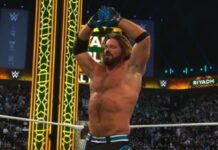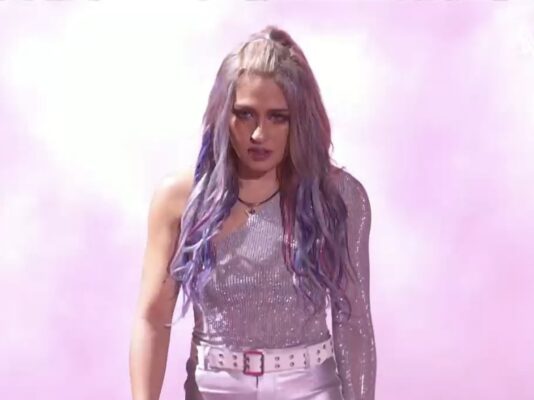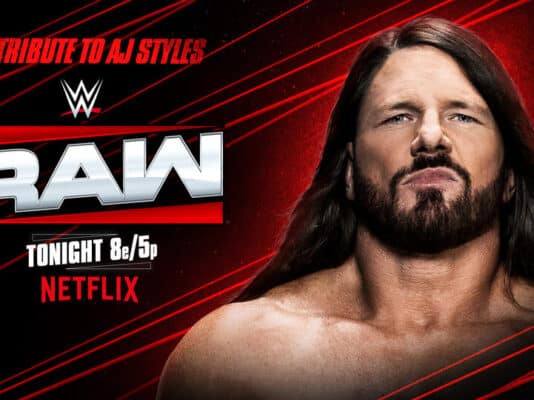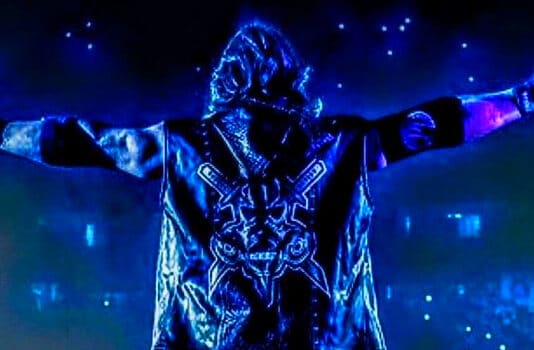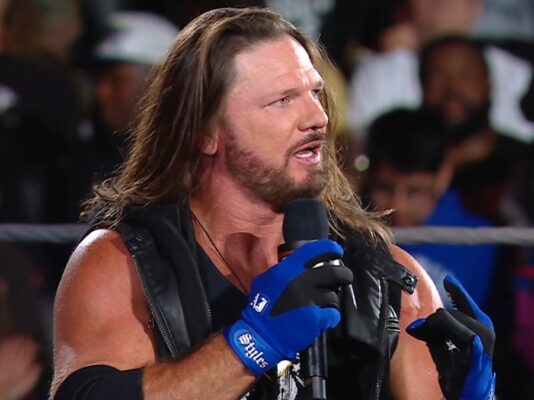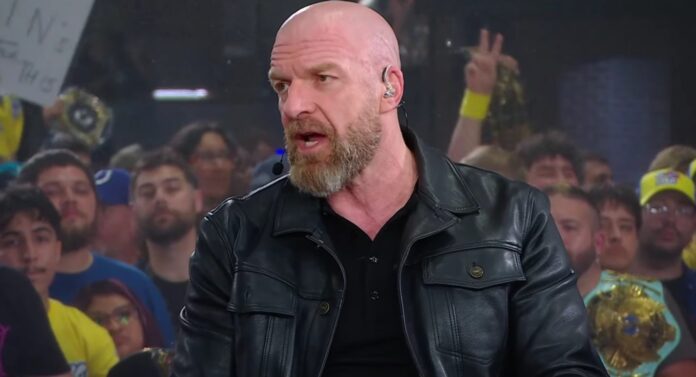
WWE Chief Content Officer Paul “Triple H” Levesque recently discussed how WWE’s creative process fundamentally differs from that of the UFC, emphasizing the company’s storytelling-driven approach.
Speaking on The All-In Podcast, Triple H said the heart of WWE’s product is narrative, not just athletic competition.
“We tell stories,” Levesque explained. “People within our business sometimes take this wrong—but we don’t write the shows based on, ‘That’ll be a great match.’ We write it on the stories that we can create: the protagonist, the antagonist, how that works with each other. Telling stories that can resonate with people—something that maybe they’ve experienced in their real life, some type of fantastical version of that.”
Triple H also described how the WWE creative process mirrors the structure of major cinematic universes like Marvel, complete with long-term planning and coordination across multiple storylines.
“There is a writer’s room,” he said. “There’s a show right now on Netflix called Unreal, and it is, for the first time ever, a look behind the scenes at what we do. We let cameras into the writer room; we let them backstage at our shows so you see the production of the shows, you see what goes into it. You know, there are months of planning that go into stuff. We’re looking now at WrestleMania in Vegas in April—what those matches are going to be and how we want to get there. What is the storyline arc that takes us there over time?”
He continued: “I would say we’re much more akin to, like, the Marvel Universe—where you’re planning out long term where the movies fit and how they go with all the characters—than we are direct MMA at the end of the day. Direct MMA is—or, you know, UFC—it’s, you’re booking matches and the interest is, ‘That guy’s really good, he’s really good. I’m not sure who’s going to win. Let’s put them together.’ When you get the right personalities involved, then it explodes.”
Triple H has consistently championed WWE’s focus on emotional storytelling, long-term character development, and cinematic presentation, elements that continue to define the company’s creative identity under his leadership.





